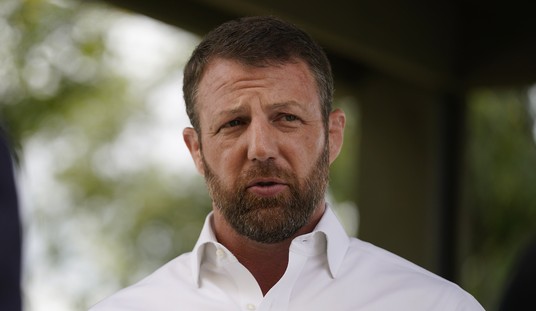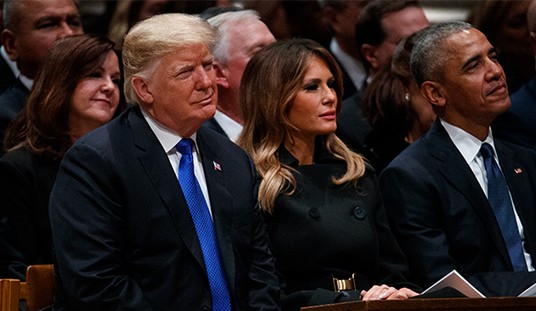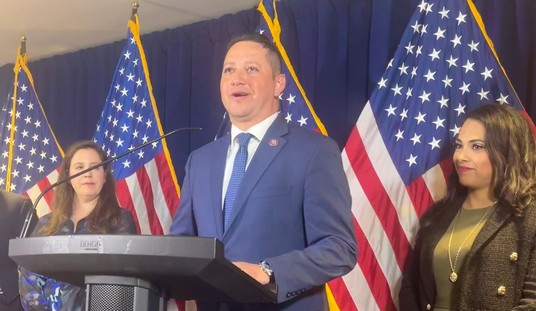The oppositions filed by Pennsylvania, Georgia, Michigan, and Wisconsin — as well as much of the commentary critical of Texas’s efforts — reflect a fundamental failure to acknowledge a key jurisprudential difference from earlier cases in other courts raising many similar factual claims. All four oppositions make some form of argument that the claims raised against them in Texas’s complaint have already been heard and rejected by state and federal courts in each of the states being sued. On that basis, they claim there is no purpose served in the Supreme Court allowing Texas to re-litigate matters already decided.
This argument, while superficially appealing, lacks a sound legal foundation. The problem stems from 1) the fact that Texas was not a litigant in any of those proceedings so the outcomes are not “res judicata” as to Texas, and 2) in cases of original jurisdiction, the Supreme Court makes its own independent judgment on the facts based on the evidence presented to the Court in the first instance, and it is not bound by a factual record created in some other Court.
The doctrine of “res judicata” involves the principle that once a party has lost a particular claim in the merits, it is not entitled to relitigate that same claim based on a second set of factual allegations in an effort to seek a different outcome. Translated, the phrase means “a matter previously decided”.
But res judicata only applies to the parties in the earlier suit. A party that was not a litigant in the earlier suit is not generally bound by the doctrine of res judicata because that party was not able to present its own case, and hear and confront the evidence against it.
The fact that the Trump campaign or other plaintiffs have raised many of the same factual claims in lower courts — which the various responses go into in great detail — is actually irrelevant as to Texas because those outcomes have no bearing on Texas’s entitlement to defend its own interests by raising the same or similar claims. There is always the potential that Texas will present the claims in a different manner, or that Texas has accumulated evidence that the earlier litigants lacked.
Further, many of the outcomes in the lower courts that the Defendant states place so much value in were not decisions on the merits, the were jurisdictional decisions or decisions based on a lack of standing on the part of the plaintiffs who brought them. The complaints were brought based on anecdotal information for which admissible evidence was sometimes difficult to come by. In some instances, the evidence needed by plaintiffs was in the hands of the defendant states. Without discovery rights, the litigants were not able to support with evidence the allegations made in their complaints.
Texas should not encounter similar problems here. The vote tabulations and recounts are done. The shortcomings — to the extent they exist — in the process of conducting the elections and tabulating the votes are all now a matter of record in the defendant States. They would now be obligated to defend their execution of the “manner” in which they conducted their elections, and whether that “manner” was consistent with the requirements of the election laws put in place by each state’s legislature.
The oppositions assure the Supreme Court that they conducted the elections and counted the votes in accordance with the statutes in each state. But simple denials of a plaintiff’s claims are not a basis to short-circuit a lawsuit. Plaintiffs are entitled to offer to the fact finder — the nine Justices in cases of “original jurisdiction” — evidence that contradicts the denials made by the defendant states and to contest the defendant states’ denials through cross-examination.
Many of the explanations offered by the defendant states are plausible and reasonable. If they are true they should hold up to scrutiny. If they do hold up to scrutiny, and the Supreme Court finds that Texas has not sustained its burden to prove the allegations it has made, that would act to reassure the country that Joe Biden’s election is not the product of fraud or corruption by partisan state and local actors. In that respect, the prospect of having the 2020 election forensically scrutinized by the Supreme Court should be welcomed by all.
To say — as many critics of Texas have done — that this is a wasted and foolish effort because the issues raised by Texas have already been evaluated and found wanting reflects ignorance of how those earlier efforts are meaningless if the Court agrees to allow Texas to file their suit. Texas will “write upon a clean slate” in presenting its evidence to the Court, and the Supreme Court will make an independent judgment based on what it hears.
This is the “cleanest” process supporters of Pres. Trump could have hoped for after the mish-mash of lawsuits filed in dozens of courts by a variety of plaintiffs working with the Trump Campaign or off on their own.















Join the conversation as a VIP Member